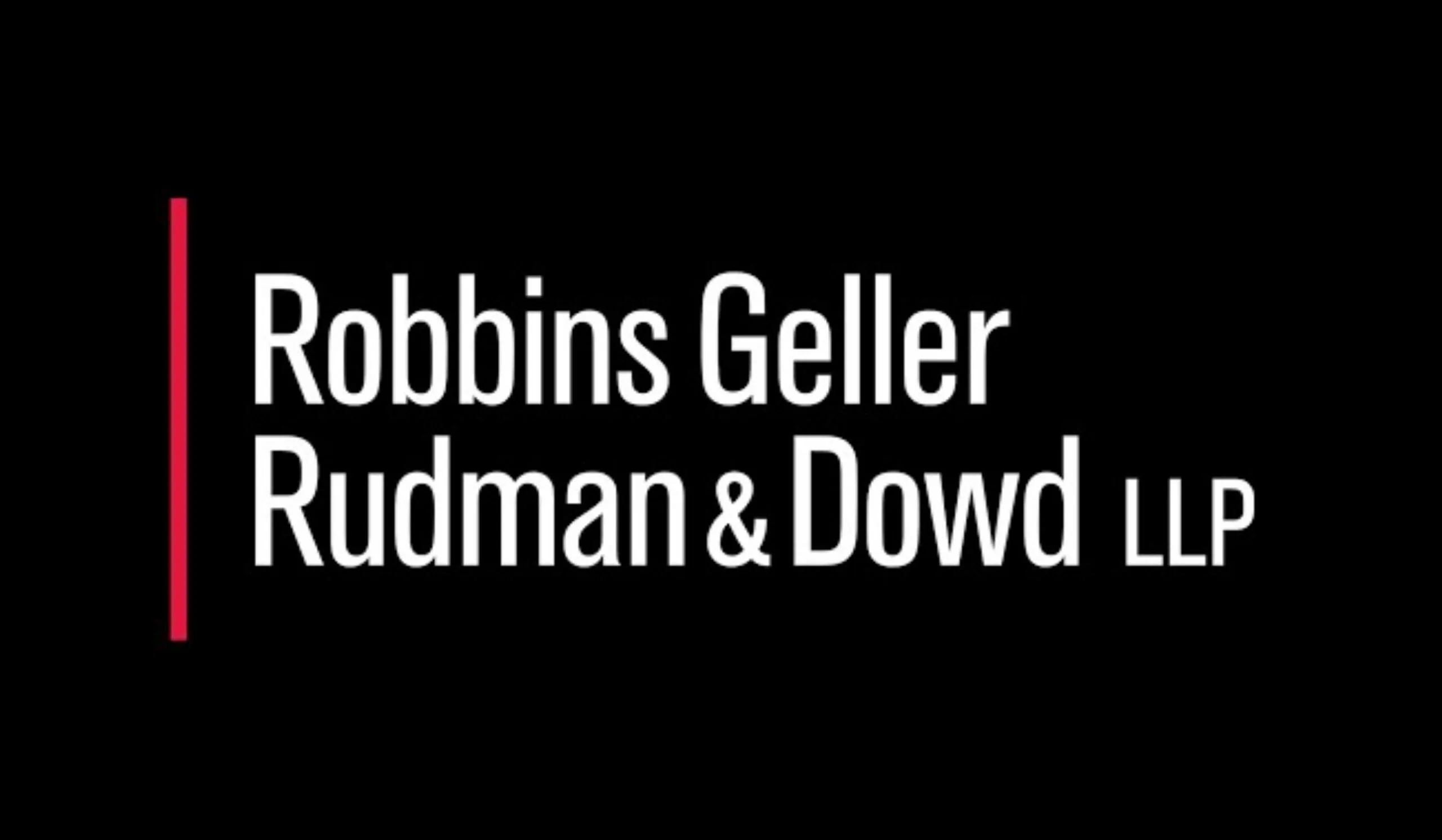Corporate greed takes advantage of government subsidies and therefor steals from the taxpaying citizens.
By Michael Minns
Minnslaw.com
Tokyo Bay – Tokyo is about the same size as Houston, Los Angeles, and New York – three of our largest cities and ports combined. The Bay makes our harbors look a little run down. And Tokyo is small compared to the Chinese cities of Shanghai and Beijing.
I just conducted a meeting with a client at Conrad Tokyo which overlooks Tokyo Bay. In passing, the client suggested that she was going to buy stock in British Petroleum because it had already been down-sided so much… and with all such remarks, the fact that I am a source of information on certain questions of law, seems to spill off into areas in which I have no training or experience of value – interpreting the tea leafs of the stock market.
This particular question did hit home however, dealing with a chapter in my 1989 book, The Underground Lawyer, in which I discussed the right-offs that insurance companies were getting on losses that they weren’t really losing. The insurance companies would represent a defendant who was sued for a million dollars (in 1989 that was a lot of money). The person filing the suit was hoping for $50,000, and the law-firm defending it was evaluating it at $200,000, so that when they settled for the likely, but not yet agreed sum of about $50,000 they would be a hero and would have “saved” the insurance company $150,000 (less their legal fees of probably $50,000 as well). Here’s the tax rub. The insurance company would claim expected losses of the entire one million dollars, put that money in a reserve account and write it off that same year. Meanwhile, as the years of litigation dragged on, with the “losses” in a separate, interest-bearing account called “loss reserves,” profits would accrue.
When the case settled, the claim would become newly found income, hopefully more than off-set by a new “claim” for $2,000,000, which both sides would secretly expect to be settled for $100,000 – again, someday in the future.
I read the reports today of Senator Bill Wilson complaining that British Petroleum was about to deduct their $32 billion dollars in anticipated losses and therefore cost the American Taxpayers a $10 billion dollar deduction from their income taxes. My client, who will remain unnamed, suggested that this means a buying opportunity. After all, if BP is about to escape 1/3 of the cost of their actions in the American Gulf, perhaps it is undervalued.
BP has done some bad things. So have many other oil companies who care nothing about the safety in the Gulf or anywhere else – including an oil well I put on our annual holiday card several years ago, which cut ten years off the life of trees my wife had planted (my wife plants several thousands of trees and sells them and donates them). The picture was, as we say, worth a lot of words. You can see the other trees a few feet away looking twice as large as their stunted sister trees planted on the same day. These stunted trees had a pool of misplaced oil on them for a few weeks, and their life changed. So, make no mistake about it, I am not on the side of BP and I am not against the Democrats. I vote for the Democrats far more often than I consider any of the Republicans. I don’t consider my friend Ron Paul a Republican. He’s a libertarian, bless his honest soul.
But Senator Bill Wilson is shamelessly avoiding and misconstruing the issue and the issue is similar to the one I raised in 1989, more so than the one Wilson is attempting, perhaps with mis-guided success in 2010.
Taxing income requires defining it. Defining it is a political act, and as such, likely to be unfair, as the taxation of income has always been – as a matter of law. BP is suppose to pay taxes on its profits and if BP or any company is not allowed to deduct losses against income, then the process is ridiculous and exploitative. Not to say that BP doesn’t deserve punishment. Problem is, that changing the tax laws to make punitive measures seldom makes economic sense and never makes constitutional sense. It is an ex-post factor (after the fact) taking, which is under our constitution – UNCONSTITUTIONAL. As well it should be.
The real problem is not that BP will deduct its losses. All businesses must be allowed to deduct losses or they cease to be a business and if income is defined in this ridiculous way, the very minimal sense of our income tax code, and there isn’t much in it anyway, is defeated.
The problem is that BP hasn’t yet put the $20 Billion in escrow and hasn’t yet lost the $32 Billion. The real problem is that our tax laws allow “estimated” losses by corporations. How absurd. If an individual could make deductions based on “estimated future losses” no one would ever be required to pay any income tax. We could all legally “estimate” it away.
The sad fact is that the accounting should be simplified to cash only. Cash in – is income. Cash out – is expenses. The difference is profit and if we believe an income tax is appropriate (which frankly I don’t) then that amount would be taxed.
BP is simply taking advantage of a bad accounting law that forces the citizens to pay cash for taxes and allows certain companies to take magic imaginary deductions, which perhaps someday they will pay back. If Wilson were more upfront, he would ask to repeal the tax code itself, or at least, presuming he believes taxation of income to make sense, change the code to take this absurd accounting “deduction” of losses that haven’t actually taken place, off the books.
ABOUT THE AUTHOR: Michael Minns, as proclaimed by both Geraldo and G. Gordon Liddy, is the best tax defense lawyer in America. An officer of the Enrolled Agents Society, an organization of accounting and tax professionals, stated that if you can’t hire Minns on your criminal tax case … then pack your toothbrush, you are heading for jail.
As a former Texas Boxing Champion, Minns learned to never pull a punch and his victories include the largest tax refund case in US history; the first and second disbarment of IRS lawyers for misconduct in US history; the largest number of off shore acquittals in a single case in US history; and the largest legal malpractice judgment against a divorce lawyer in US History. Quite a “partial resume”. Minns’ specific individual victories are too numerous to mention but many are discussed in his two bestselling books; “The Underground Lawyer” and “How to Survive the IRS”.
The perspective he has gained by not only defending people from the IRS, but also going after the lawyers from the IRS, as well as the con-artists who made citizens vulnerable to IRS in the first place, has given him a unique point of view regarding government payoffs and financial wrangling. Minns’ web site: minnslaw.com.













